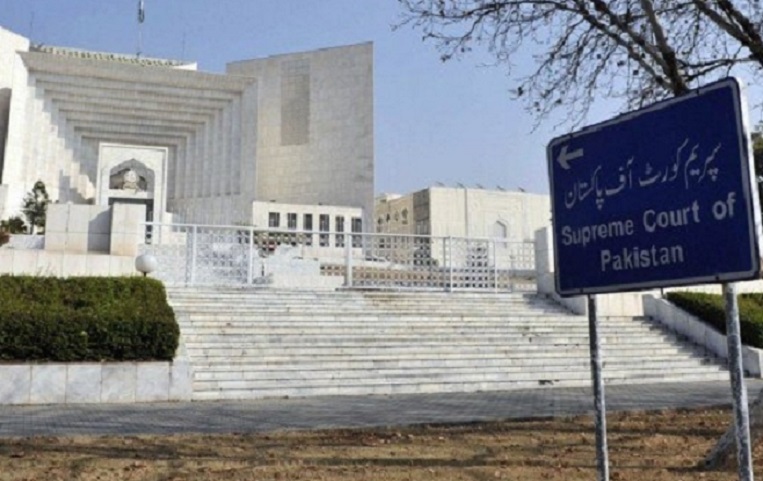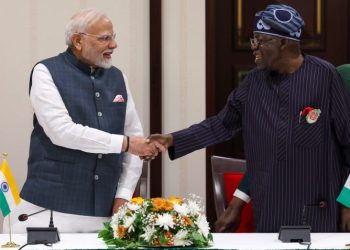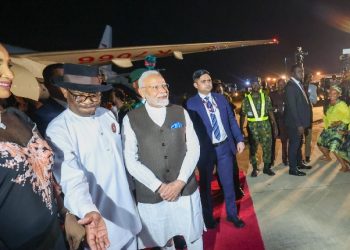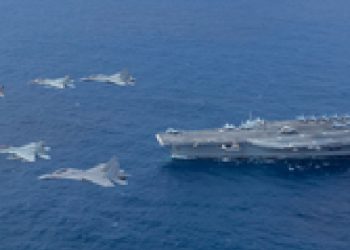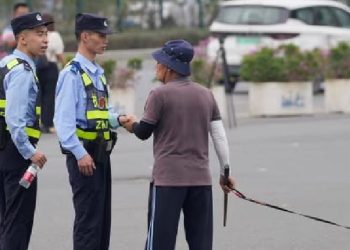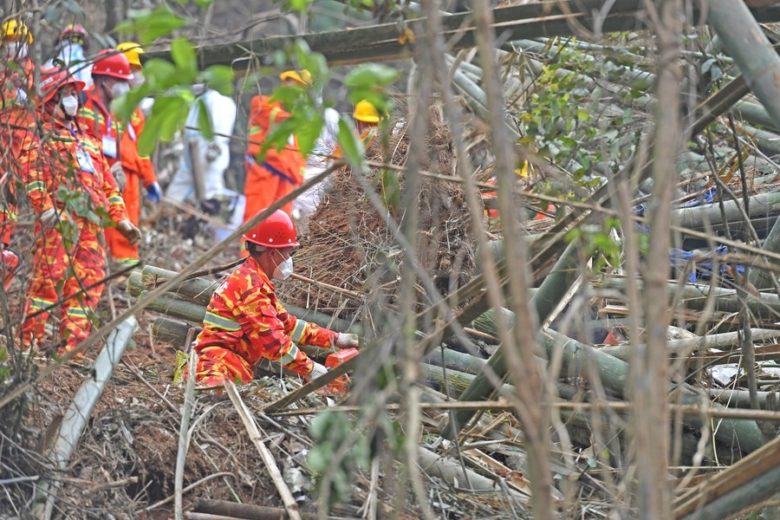Islamabad: The Supreme Court of Pakistan’s verdict on the interpretation of Article 63A of the Constitution that any vote cast by a political party’s defected lawmaker will not be counted in the final polling of a budget and no-confidence voting has come as a major setback for the Shehbaz Sharif-led coalition government.
Now a political crisis has re-emerged in the country’s largest province, Punjab, over the election of the Chief Minister, which may lead the country towards general elections, a demand Imran Khan is making as he gears up to take over Islamabad through an anti-government long march.
Pakistan’s apex court, hearing a presidential reference on the interpretation of Article 63A, gave a split decision judgment of 3-2, ruling that the votes cast by defecting lawmakers will not be counted.
As per the decision, Article 63A binds members to abide by party policy, which is why any lawmaker’s vote casted against his/her own political party will not be part of the counting process.
The decision is being seen as a major achievement for Pakistan Tehreek-e-Insaf (PTI) leader Imran Khan and worrisome for the Shehbaz Sharif-led government, as Sharif’s son Hamza Shehbaz Sharif got elected as the Chief Minister of Punjab province with the support of at least 25 defected members of PTI; his fate now hangs in the balance, throwing the matter into uncertainty and pushing the country’s largest province into a political crisis.
“If the ECP (Election Commission of Pakistan) decides to de-seat the 25 dissident PTI MPAs, it will result in the second round of elections for the CM in terms of the proviso to Article 130(4). Whoever wins a majority will form the government,” said senior lawyer Salman Akram Raja.
The Supreme Court’s decision indicates that Hamza Shehbaz will have to leave his position as the Chief Minister. And since the dissident members will not be able to vote in favour of Hamza Shebaz, it will shrink his support in the Punjab Assembly, reducing his chances of being elected as at the CM.
But there is a catch.
“The questions raised in the presidential reference had been turned down except one and that too will come into effect if there is a parliamentary party direction, which has been defied. It is prospective in nature and not retrospective,” said another legal expert.
The other view of the decision is that it was an advisory by the Supreme Court and could not be taken as a judgment.
PML-N Deputy Speaker Atta Tarar said, “The Election Commission of Pakistan (ECP) will decide the matter of defection.”
(IANS)



